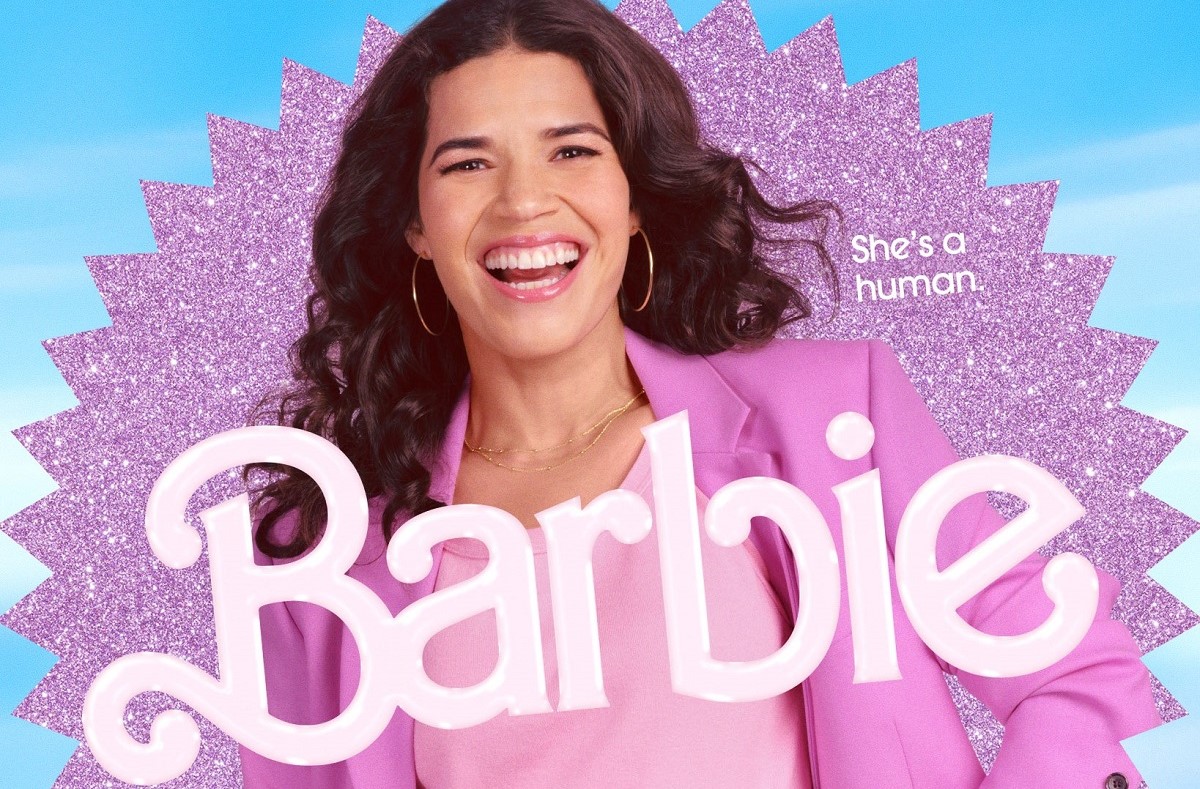America Ferrera Points Out What Critics of Her Iconic ‘Barbie’ Monologue Are Missing

Roughly six months on, and Greta Gerwig’s Barbie film has effortlessly continued cheating the national housing crisis by living rent-free in countless heads around the world, and rightly so.from the inch-perfect screenplay to its all-powerful emotional core, Barbie hit all the right notes while making up brand new right notes along the way.
And perhaps the crown jewel of Barbie‘s ethos is none other than America Ferrera’s deftly resonant monologue on the egregiously paradoxical expectations that women have been forced to shoulder for generations; a monologue that some have viewed as a disingenuous contribution to Barbie‘s feminism and to feminism as a whole.
But Ferrera, in a recent interview with The New York Times, was having absolutely none of it. The actress, who portrays deuteragonist Gloria in the film, dismissed the criticism of her monologue being an “oversimplification,” highlighting the importance of making feminism accessible to those who have yet to broach the concept.
There are a lot of people who need Feminism 101, whole generations of girls who are just coming up now and who don’t have words for the culture that they’re being raised in. Also, boys and men who may have never spent any time thinking about feminist theory… To say that something that is maybe foundational, or, in some people’s view, basic feminism isn’t needed is an oversimplification. Assuming that everybody is on the same level of knowing and understanding the experience of womanhood is an oversimplification.
When viewed through this extra lens provided by Ferrera, her monologue has an even greater claim as Barbie‘s most important moment, and speaks to the film’s overall embrace of the divine feminine.
At its purest core, Barbie’s interests lie not only in the deconstruction the patriarchy, but in the deconstruction of all power structures rooted in social identity. The film ultimately champions the solving of the problem rather than passing the problem on to someone else, and Ferrera’s monologue—in which she passionately, cathartically, angrily lays bare the frustrating reality of womanhood—steadfastly invites wider audiences to join in said problem-solving by making the problem as clear as possible to those who aren’t in the know.
Barbie understands that the key to dismantling sexism—like all harmful prejudices—lies in education, which unfortunately requires people who are willing to both learn and unlearn, which isn’t always guaranteed. But it’s through those who are willing to learn and unlearn that sexism will keep losing its grip on society, and those fundamental feminist foundations—such as the ones provided by Ferrera—are the stepping stones with which such learning and unlearning can begin to take place individually.
Indeed, the world needed Barbie in more ways than one, and we can only hope its legacy can be recognized in every nook and cranny that tomorrow’s society has to offer.
(featured image: Warner Bros. Pictures)
Have a tip we should know? [email protected]
